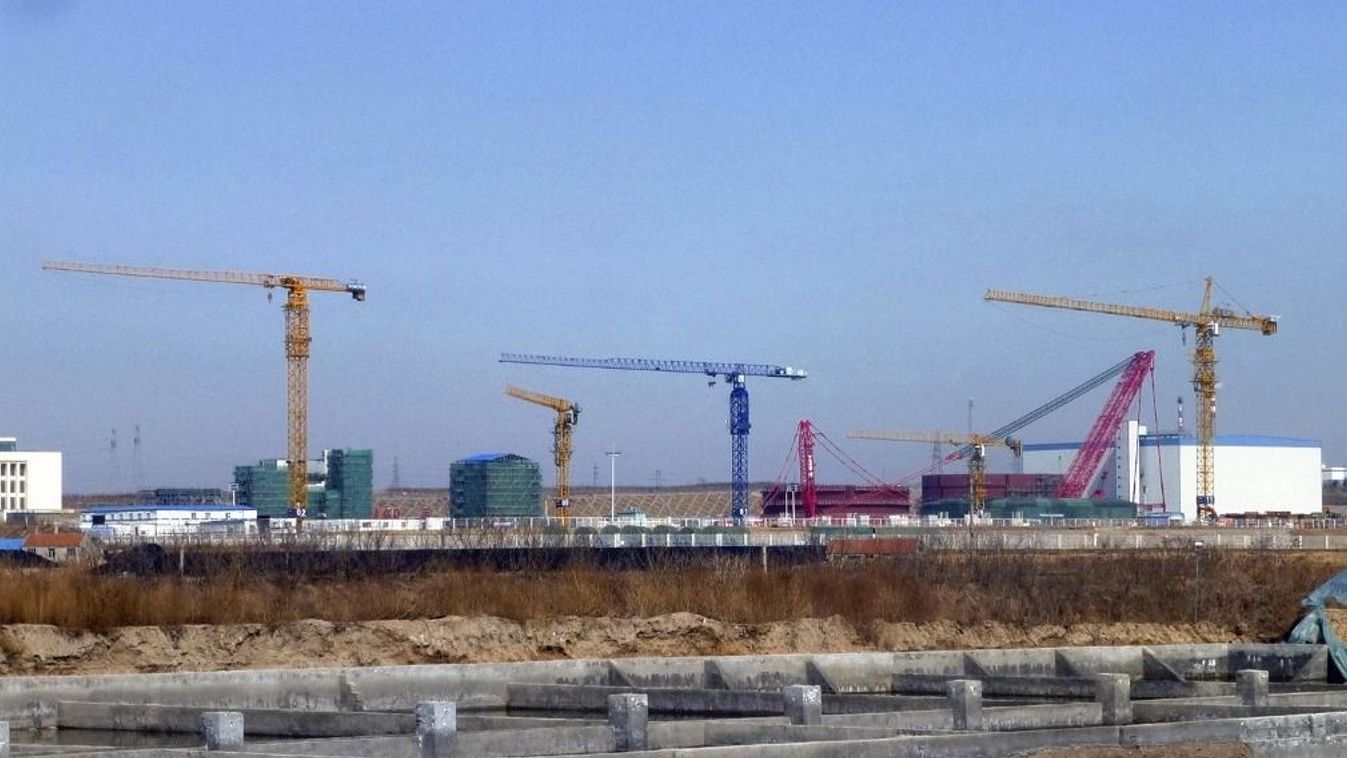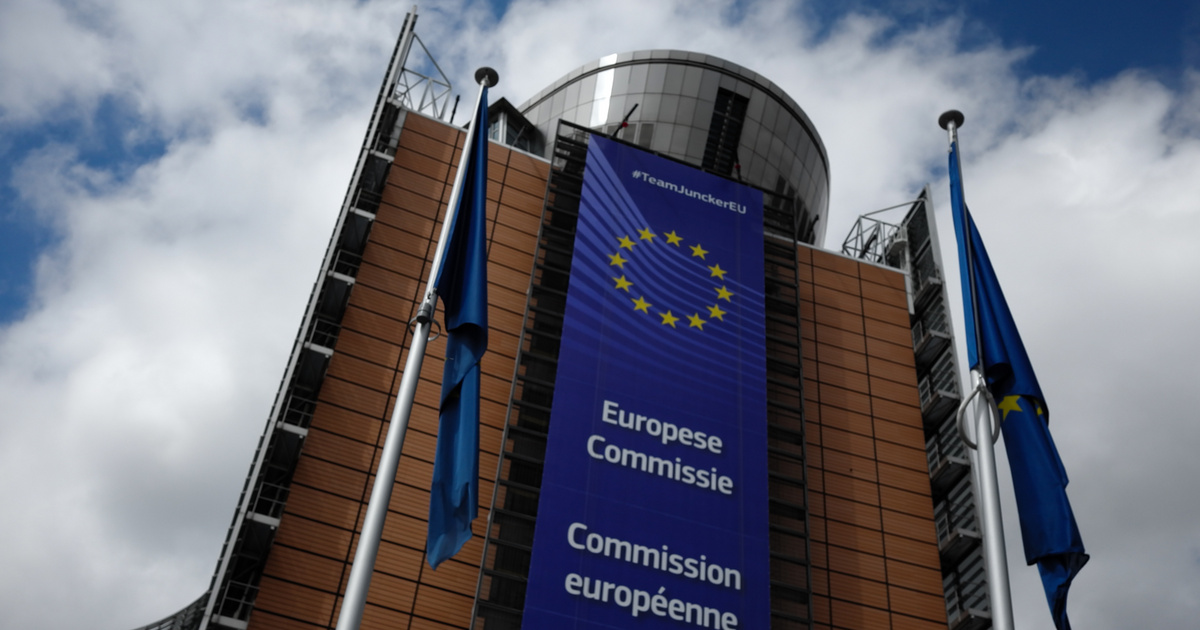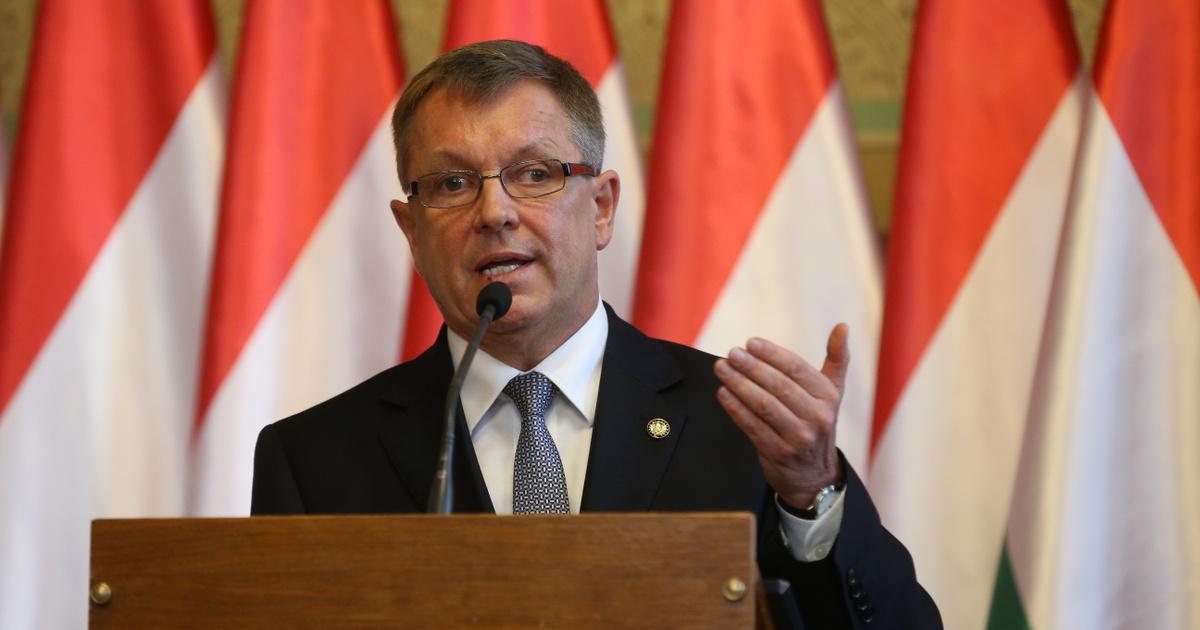More importantly, the government is still raising the deficit target of 3.5 percent that has been set in rock. Another important innovation is that the government has increased the amount of expenditure of the Public Protection Fund by nearly HUF 2,000 billion. Not only because of the increase in energy prices, but also because it gives energy bill compensation to state institutions more than planned.
From the point of view of investors, credit rating agencies and the credibility of fiscal policy, the most important innovation is the increase in the originally planned deficit target of 3.5 percent to 3.9 percent.
It is important that the Public Protection Fund, which is planned at 670 billion HUF in 2023, will increase to 2610 billion HUF.
A special way between the signatories to the opinion of the Budget Council The signature of Gyorgy Matulci, Governor of the Central Bank and Member of the Council, is not included. 16-page review Commenting on the draft government decree on the various rules of the Hungarian central budget for the year 2023 related to the state of emergency and the position on fulfilling the state debt rule It is published under the title
The board is chaired by Arpad Kovac, and one of its members is Gyorgy Matulcsi, Head of MNB, and Laszlo Windisch, Head of the State Audit Office. This is why it is strange that Matulsi’s name is not among the signatories of the document. The Council held its meeting today and published its opinion on the next year’s budget. Accordingly, the government will base next year’s budget on economic growth of 1.5 percent, utilities will continue to be cut, pensions will increase, and family support will also be maintained.
The state partially compensates for the higher overheads of public enterprises, and the ESA deficit increases from 3.5 percent to 3.9 percent of GDP. According to the council, the deficit should be reduced to three percent, which can be achieved even from potential additional income from the GDP. However, they assert that realizing the revenue and expenditure allocations for the draft decree is fraught with risks.
On the expenditure side, there is provision for additional expenditure in financing energy costs, but material expenditure does not increase as required by the increase in operating costs. Nominal GDP will grow by 16.6 percent next year, which could reduce the national debt.
According to the plans, the debt ratio will be 70.2 percent instead of 74 percent. The amount of spending appropriations for the Public Protection Fund for the next year increased from the previous 670 billion forints to 2610 billion forints.
The amount for maintaining preferential tariffs for residential energy consumption will also increase up to the average level of consumption. The state bears the expenses of the bailout programs due to the energy crisis due to the sector’s competition from the Public Expenditure Protection Fund. In the adjustment, net interest expense over cash flow increased by 310 billion forints compared to the original budget law appropriations. Total central reserves increased by 418.2 billion Swiss francs, to 977.2 billion Swiss francs, compared to the appropriations of the original budget law.
The reserve for government emergency measures increased from the previous HUF 170 billion to HUF 255 billion, and the reserve appropriations providing funds for government wage measures increased by HUF 335.2 billion to HUF 514.5 billion compared to the appropriations of the originally approved Budget Law. The Union’s revenues amounted to HUF 2,285.69 billion, while expenditures amounted to HUF 3,793.5 billion, exceeding the expected performance in 2022 by 44.2 and 28.3 percent, respectively.
(Cover photo: György Motolcsy. Photo: István Huszti / Index)












































